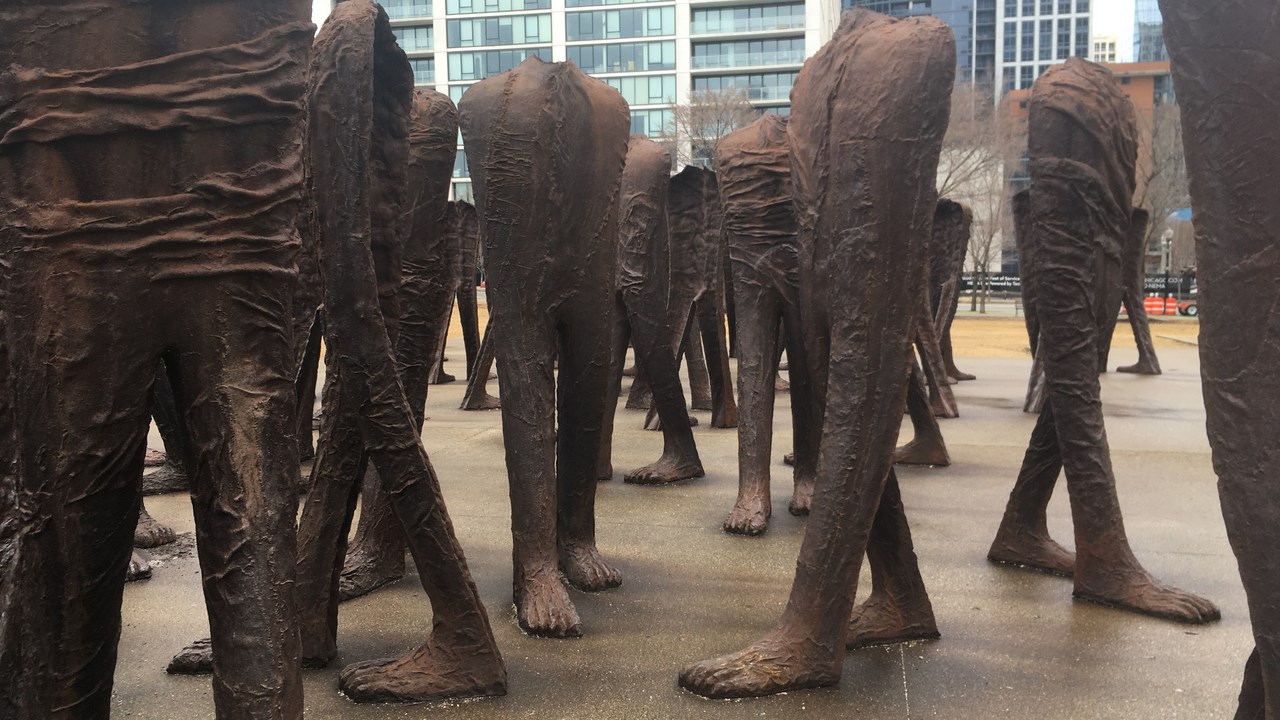
A day at work - Convention in Chicago
PROFILE A day at work is a feature about the different aspects of working in academia. It gives an insight on what goes on at the Department of Political Science. A big part of doing research is presenting your work to others both within the academic world but also to the public. Patrik Johansson, Associate professor at Department of Political Science, attended a convention of the International Studies Association (ISA) in Chicago.







